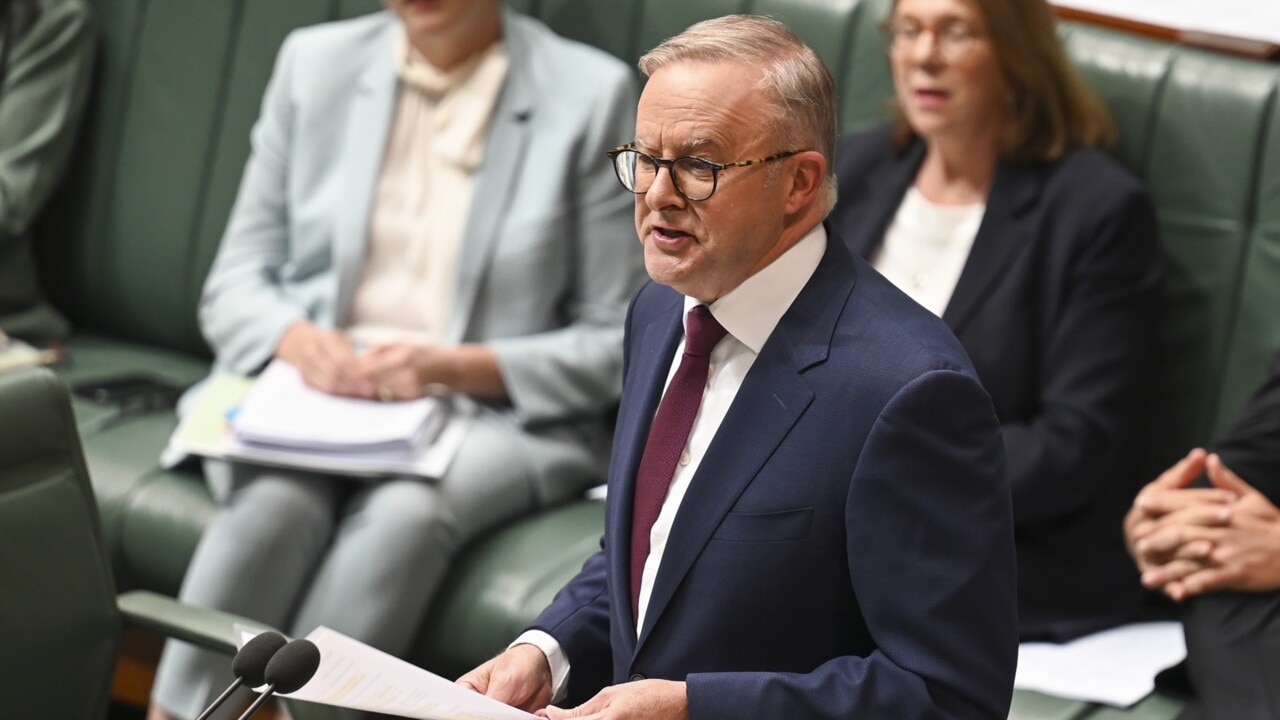How to be smarter with tax in the new financial year
Most people only start seriously thinking about their tax bill after the financial year is over. Change things up and reap the rewards.

Most people only really start seriously thinking about their tax after the financial year has finished, but by then it can be too late to change anything that will have a meaningful impact.
Once the financial year has finished, your window for tax deductions, implementing tax strategies, or changing your approach has closed.
Instead, when you plan early in the new financial year, the possibilities are - almost - endless.
At the start of the financial year, you should take the time to understand your tax position based on your income, deductions, and existing strategy.
This way you can see what the likely outcomes are, and from there you can look at the impact of making changes; whether it’s to your tax deductions, strategies like super contributions, franked dividend share investing, or negative gearing.
Starting early will put you in the driver’s seat and give you plenty of time to turn your great ideas into results.
Tax deductible contributions
Every Australian has the ability to invest money through their super fund and get tax deductions at the same time, through ‘concessional contributions’. This includes salary sacrifice through your employer as well as any contributions you make through your bank account – there is a limit of $27,500, increasing to $30,000 from July 1, which includes any compulsory super contributions made by your employer, but for most people there is room to make some significant contributions and receive significant tax deductions.
One big upside of tax deductible super contributions is that if they’re made through your employer via salary sacrifice, they are deducted from your pay before your tax is calculated meaning you don’t feel the full cost of the contributions.
For example, if your income was between $45k-$120k, and you were to put $1000 into your super fund over the course of a year, your take-home pay would only be reduced by around $700 because these contributions are deducted from your pre-tax income.

If you’re young and have a long time until retirement, super probable isn’t the first strategy you think about when it comes to getting ahead – particularly if you’re focused on getting into the property market or trying to pay down a mortgage.
That being said, even a small extra contribution to your super fund will make a big difference in the future.
For example, for a 20-year-old today, making extra super contributions of just $200 per month will grow your super balance by an extra $1.18 million by age 65. And the best part is that because the contributions are tax deductible it won’t even ‘cost’ you $1000 to get $1000 into your super fund because of the tax deductions.
Tax strategies
If you have some money spare you can direct to tax saving strategies, you should consider tactics like negative gearing, investing through an investment bond, or debt recycling. These strategies generally are a little more complex and have some rules that are important to understand before you jump in, but each of them can save you tens of thousands of dollars in tax into the future.
Franked dividend investing
When you buy shares (or investments like ETFs or funds that own shares), you end up owning a small slice of a company. When that company makes a profit, they pay tax on the profit and then pay out part of the after tax profits to their investors in the form of dividends. As an investor, when you receive these dividends they come with a tax credit to reflect the tax the company has paid on its profit.
These tax credits reduce the tax payable on your investment income, but can also offset the tax on your employment income.

This means by investing into Australian shares, not only are you growing your assets, investments and wealth and building another income stream – but you’re also building a stream of tax credits that will benefit you every year forever.
If you’re just starting out, your investments and therefore the tax credits are likely to start out small, but through the power of compounding they will grow over time. Your goal as an investor is to replace your employment income with investment income, which means that over time you’re aiming to build tens of thousands of dollars of investment income, maybe more.
It can be difficult and expensive to restructure your investments after you’ve built them up, so you should be aware of some of the tax benefits of different investment approaches before you
get serious so you get the best results not just today but into the future.
Get some good advice
Professional advice around your tax and investing gives you three big benefits. Firstly, it will help you be smarter with tax and build your investment income faster. Secondly, it will save you time through having the right support and direction so you can cut straight to the chase. And thirdly, the advice is often tax deductible, meaning that you get tax deductions and tax savings on top of those you receive from the advice itself.
Generally under the ATO’s rules, tax advice like that you receive from your accountant is going to be tax deductible, as well as most advice you receive from a tax adviser. In terms of investing, it’s a little more of a grey area, but generally ongoing advice around building an
investment income satisfies the ATO’s deductibility tests.
The wrap
Tax time comes with a heap of opportunity to get smarter with your approach, use the rules to your advantage, and keep more of your hard-earned income to actually get ahead.
The tax rules can be complicated and a little confusing, and it can be easy to make mistakes that mean you don’t get the best outcome. But tax planning is a skill like any other that should be built over time, and the pay-off is real – it’s worth investing your time and focus to get on the front foot with your tax strategy, and will benefit you not just this year but into the years ahead.
Ben Nash is a finance expert commentator, podcaster, financial adviser and founder of Pivot Wealth www.pivotwealth.com.au, and Author of the Amazon Best Selling Book ‘Get Unstuck: Your guide to creating a life not limited by money’.
Ben has just launched a series of free online money education events to help you get on the front financial foot. You can check out all the details and book your place here.
Disclaimer: The information contained in this article is general in nature and does not take into account your personal objectives, financial situation or needs.
Therefore, you should consider whether the information is appropriate to your circumstances before acting on it, and where appropriate, seek professional advice from a finance professional.






